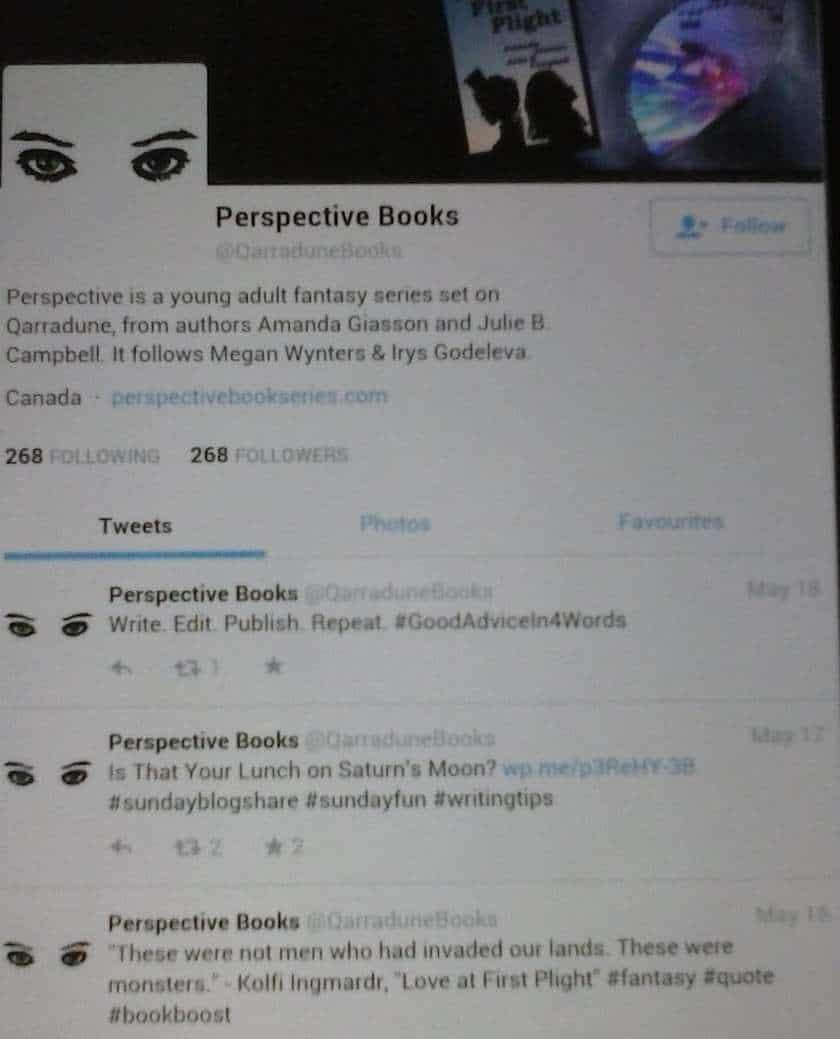Writers ranging from those of bestselling novels to hidden gem indie publications are turning to Facebook, Twitter, and beyond.
It wasn’t all that long ago that promoting a book meant that an author would talk to everyone they knew, attend book signings, work to obtain positive reviews, and attempt to make their way into a media interview, but today’s author also needs to use social media marketing to be much more accessible to his or her readers.
While traditional marketing methods remain important, SMM is critical for book sales…when done right.
Social media marketing has faced some criticism by the writing world because many authors feel that they spend a great deal of time maintaining their Facebook walls and Twitter feeds, without seeing any truly measurable benefits to their actions. But is the hard-sell really working with anyone anymore? The problem is that the many marketers are trying to force old-school methods into a whole new promoting ecosystem. Said simply: they aren’t using SMM to its best potential.
Many authors fall into the trap of repeatedly posting that you have published a young adult fiction novel, for example. But a post like that isn’t going to encourage anyone to care, let alone buy a copy.The rise of ebooks has meant that the market has been flooded with writers who are trying to spread the word about their masterpieces.
Social media marketing must be carefully nurtured and maintained for meaningful growth.
 Anyone who has taken part in the Twitter writing community knows that there are thousands upon thousands of young adult fiction authors who are continually posting pictures of their ad banners or book covers, announcing and re-announcing the existence of their book. This could be one of the fastest ways to ensure that a follower will either “mute” or “unfollow”. Nobody wants to have advertising endlessly thrown in their face.
Anyone who has taken part in the Twitter writing community knows that there are thousands upon thousands of young adult fiction authors who are continually posting pictures of their ad banners or book covers, announcing and re-announcing the existence of their book. This could be one of the fastest ways to ensure that a follower will either “mute” or “unfollow”. Nobody wants to have advertising endlessly thrown in their face.
According to authors Amanda Giasson and Julie B. Campbell of “Love at First Plight”, the first in a young adult fantasy fiction book series, the key to success over social media is in creating value.
Authors need to remember that readers want to hear from people, not advertisers.
 “You need to be a real person. Nobody wants to follow automatically generated ad posts. If a reader is going to check out your book, you need to give them a reason to be interested in the first place. Then, once they’ve had a look at your novel, you need to keep posting great content to keep up the hype so you’ll sell your next book, too. Share your thoughts. Talk about events. Post book quotes. Throw in a coupon code, if you have one! Social media marketing isn’t just about selling your current book. It’s promoting all the ones you’ll be writing in the future, too,” said Campbell.
“You need to be a real person. Nobody wants to follow automatically generated ad posts. If a reader is going to check out your book, you need to give them a reason to be interested in the first place. Then, once they’ve had a look at your novel, you need to keep posting great content to keep up the hype so you’ll sell your next book, too. Share your thoughts. Talk about events. Post book quotes. Throw in a coupon code, if you have one! Social media marketing isn’t just about selling your current book. It’s promoting all the ones you’ll be writing in the future, too,” said Campbell.
Giasson and Campbell have discovered that the purpose of social media marketing isn’t to try to build as many followers and “likes” as possible. The point is to build as many as possible made up of people who actually pay attention to what is being shared so that the word will be spread, interaction will occur, and a relationship will build.
“It would be easy to buy another 1,000 followers on Twitter, but we’ve found that if you start early, be yourself, avoid the inclination to continually use hard-selling techniques, and encourage interaction, then the number of followers isn’t important, because it’s the sales numbers that grow – for one book after the next,” said Campbell, who added (with a laugh), “of course, you have to make sure that you’re putting out some great books, too!”


Great article, Julie. The role of the author is changing, fast. In the past it was considered correct for an author to be invisible, only coming into the limelight occasionally, if at all.
Now we have the requirement to be out there on social media on a regular basis. This will impact on writers in ways we are only now coming to terms with. Some will hate this new world, others will embrace it. Those who embrace it will face challenges, and not be assured of success, but it’s a better way than sitting at home and staring out the window, wondering why no readers are coming to your door.